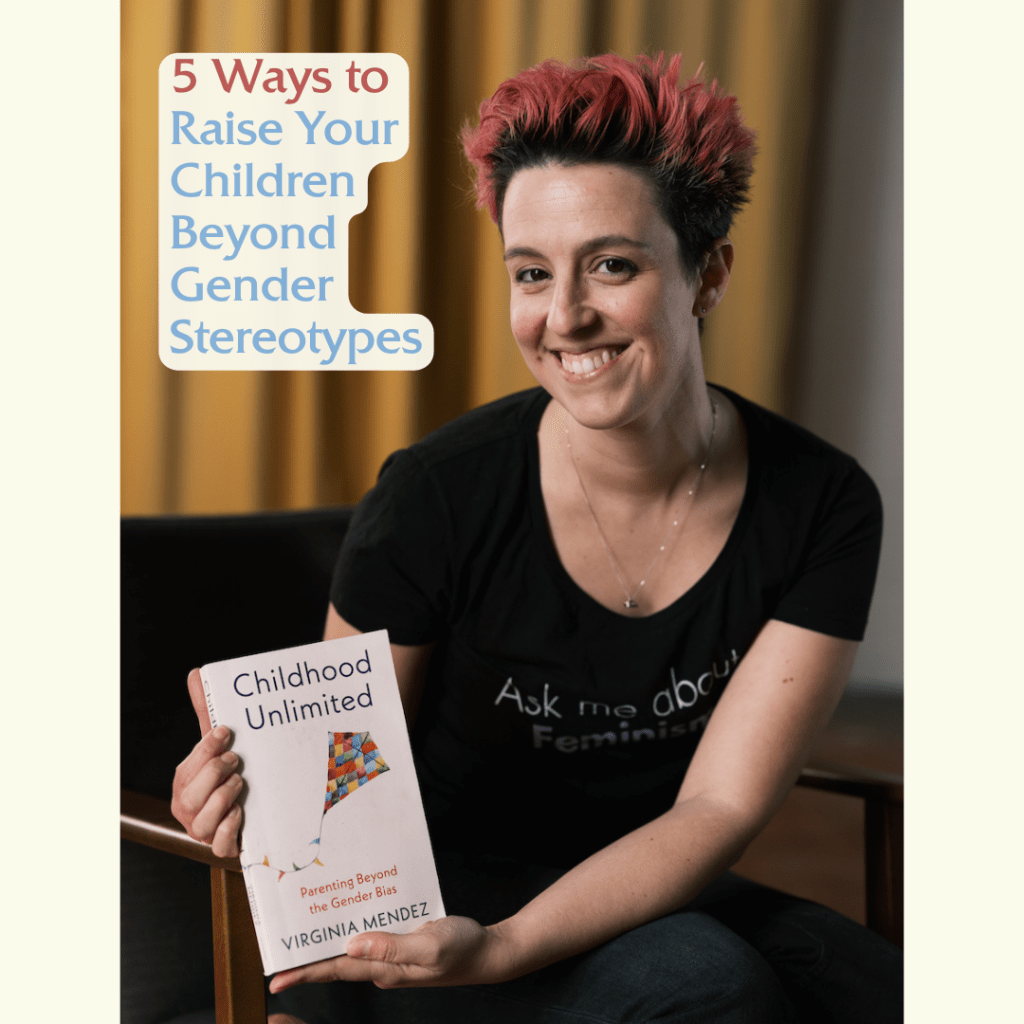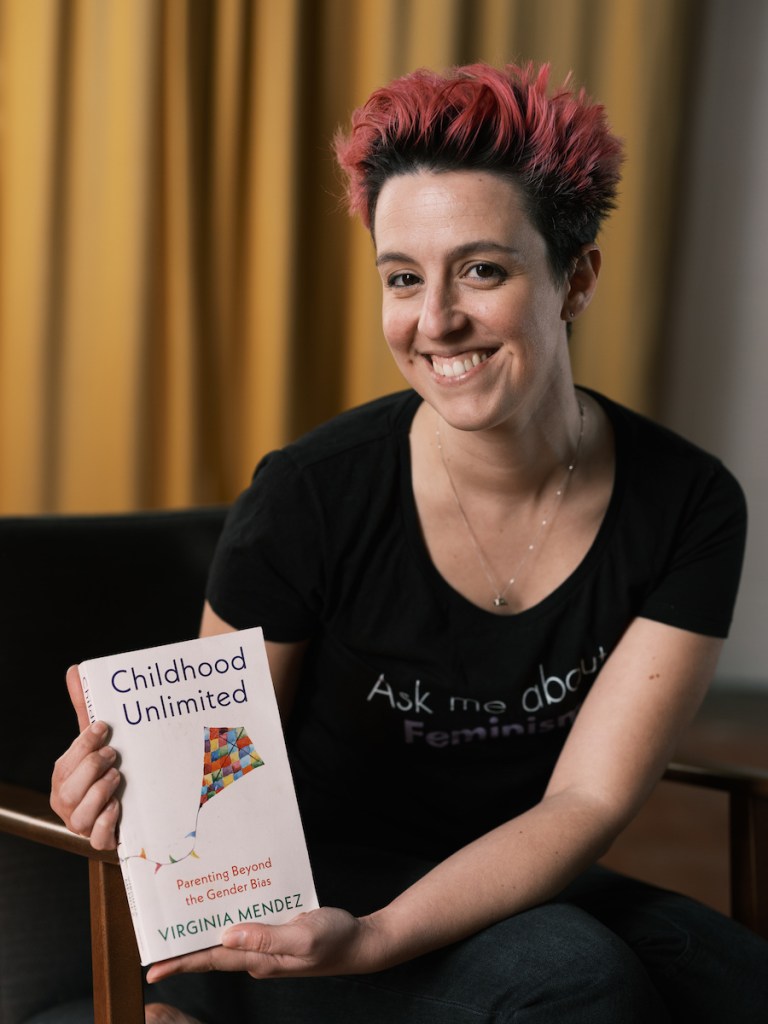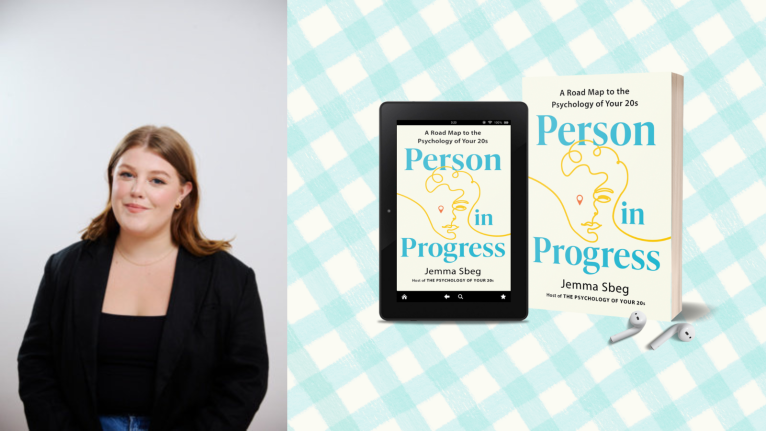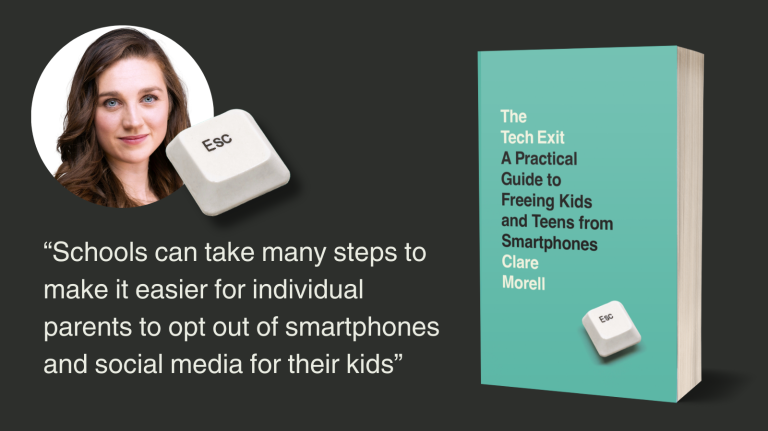5 Ways to Raise Your Children Beyond Gender Stereotypes


In this blog, Virginia Mendez, author of Childhood Unlimited shares some top tips for parenting beyond the gender bias. These tips are helpful for children but also how we think about the world as adults!
As parents, we want our children to grow up with a strong sense of identity and self-worth. In fact, as parents, we want everything for them! The list is endless, as well as the unrealistic expectations about how perfectly we would like to parent. At the end of day though, most of us would settle with kids that are happy being themselves and a parenting style being defined as “they did the best that they could”.
When I wrote my parenting book Childhood Unlimited, I aimed to start a conversation with parents and educators. A non-judgemental one, one that didn’t feel like adding chores to an already difficult job. I wanted to show how all of us unconsciously reinforce gender stereotypes, mostly because we are unaware of how present they are everywhere and the consequences when we add it all together. The good news is that when we know it is much easier to be intentional about making small tweaks in the house.
Here are some of my favourite tips on how to raise your children beyond gender stereotypes:
1. Encourage exploration and self-expression
From a young age, children are exposed to gendered toys and clothing, which limit their creativity and self-expression. Encourage your child to explore a variety of interests and activities, regardless of gender. Let them wear what they want, play with toys they are interested in, and engage in activities they enjoy. This will help them develop a strong sense of self and build confidence in their unique interests and abilities. Remember that the mantra “everything is for everyone” is a powerful one and easy to remember for kids!
2. Challenge gendered expectations
Be aware of the gendered messages in media, books, and conversations with others, and challenge them when necessary. For example, if someone comments that “boys don’t cry,” challenge that statement and explain that everyone has emotions, regardless of gender. It’s important to teach children that gender should not define what they can or cannot do.
3. Model gender equality in your own behaviour
Children learn by observing their parents and caregivers. It’s important to gift yourself the same gift that you want for your kids – to break free from moulds that don’t fit you. Think about what messages you’re passing on to them through your role modelling. If an alien came to your house for a week, what would they learn about gender roles?
4. Encourage diverse role models
Expose your children to diverse role models of different genders, races, and abilities. This can include reading books with diverse characters, watching movies and TV shows that challenge gender stereotypes, and engaging in activities that showcase a variety of role models. By doing this, children will learn that there are many different ways to be a successful, happy, and fulfilled person. Remember that is important for boys to look up to women as well. Women are not niche!
5. Teach consent and boundaries
Teaching children about consent and boundaries is crucial in helping them develop healthy relationships. This includes teaching children about body autonomy, respecting others’ boundaries, and understanding that no means no. That also means being very intentional at respecting their own boundaries. Use the times when they are the ones that don’t want to kiss someone or when they say stop when you are tickling, those occasions are great to show and talk about how important is to respectfully respect other’s boundaries and understand consent.
In conclusion, raising children beyond gender stereotypes is an intentional and evolving process. We will never do it perfectly, but it’s definitely worth it and important! By encouraging exploration and self-expression, challenging gendered expectations, modelling gender equality, encouraging diverse role models, and teaching consent and boundaries, we help our children develop into confident, well-rounded individuals who are not limited by gender stereotypes. And most importantly, we can change the world not only for our children but also with them.
Virginia’s book Childhood Unlimited: Parenting Beyond the Gender Bias is available now.







